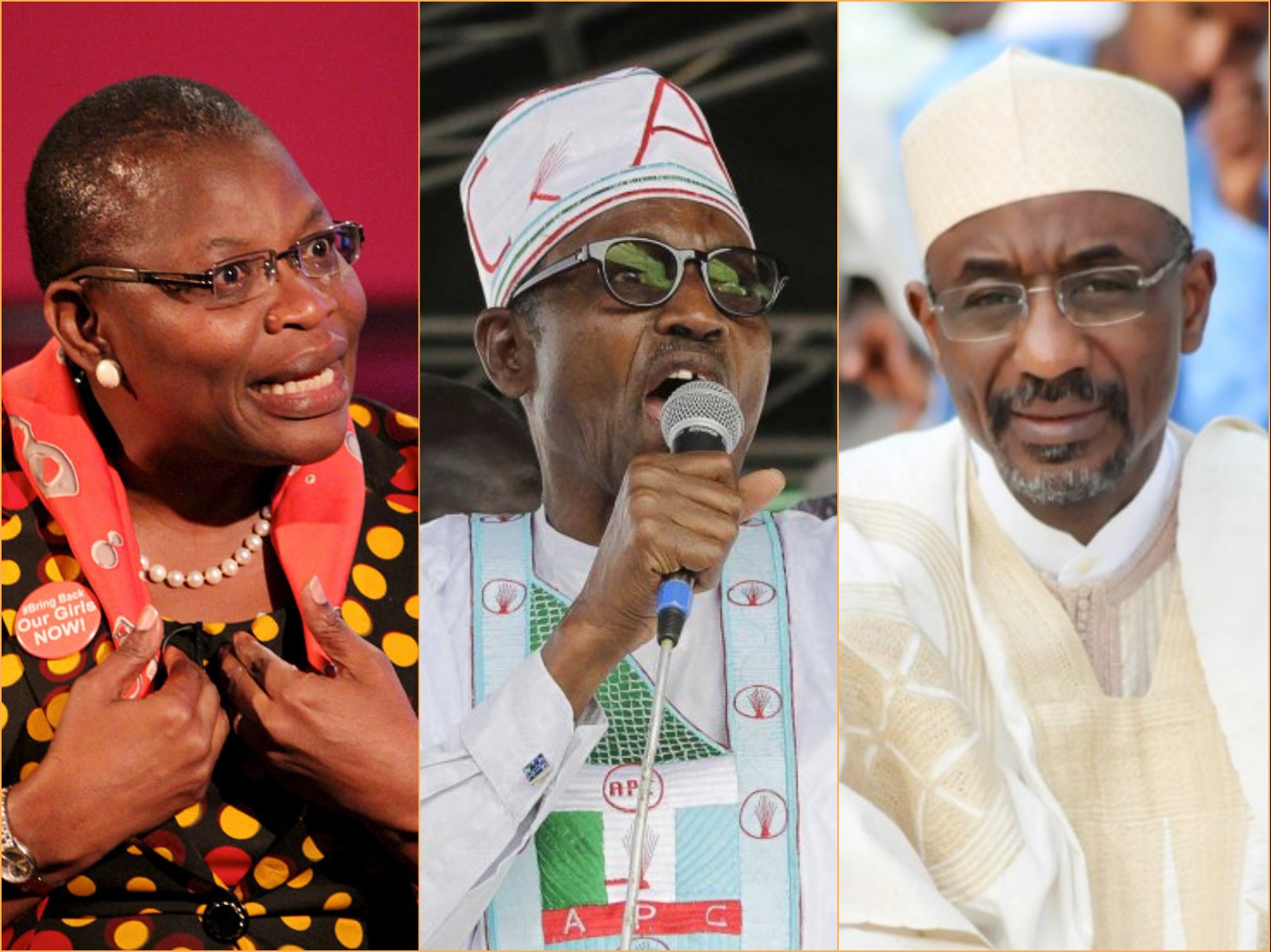Alvin Ewuzie analyses the reaction of Nigeria’s President Muhammadu Buhari to criticism and what this holds for the country in light of the economic recession.
[dropcap]N[/dropcap]igeria’s economy is one-legged. The largest export and earner of foreign exchange earner has remained the same. For over 40 years oil remains the mainstay of the economy. Nigeria rises and falls with the price of crude oil. Just before the Goodluck Jonathan administration wound down, the price and consumption of oil across the globe plummeted. The regime became hamstrung and thus welcomed a financial squeeze that has worsened over time, tending to reach a peak with the current regime.
President Muhammadu Buhari seem to have some affinity with austere living and times. Those old enough know that 32 years ago he came in similar circumstance. Some subsidies were thrown out and people had to stay in queues for ‘essential commodities’ including milk, sugar, rice and others. It has been his lot to come in austere times.
People worry that they do not really see results in the long run. But in his first coming, he hardly tarried long enough for the dividends of austere life to show. He was at the helm for 20 months. Major General Ibrahim Babangida shoved him aside in a palace coup. Let us leave the reason for his ouster to historians. But Buhari seemed to have opened old wounds in a recent interview where he said Babangida removed him from the driver’s seat to forestall an impending probe. There has been unofficial whispering that the man may have been removed for being authoritarian and not taking the views of colleagues in decision making, viewing colleagues in the cabinet with suspicion. We do not know where the pendulum of truth swings in the matter. That is a matter for history to resolve.
Times have since changed, but some say the man has not changed. That is not a matter for history. In four years the first tenure of his election into office in a democratic dispensation would be over. He had wished the powers in this dispensation were as absolute as they were in his first coming. They are not and cannot be. The president has come in an era that abhors absolutism. He has confessed to being a born again democrat, which implies an understanding that the people have a say and the President would do well to listen to them.
Some of those views have come from high ranking people. The comments from Emir of Kano, Sanusi Lamido Sanusi, Chukwuma Soludo and Cardinal Okojie are weighty. Sanusi and Soludo have been at the helm of Nigeria’s Central bank in the past. Anthony Cardinal Okojie is Archbishop Emeritus of the Catholic diocese of Lagos.
The Emir of Kano and former governor of Central Bank of Nigeria (CBN), Sanusi Lamido Sanusi had last Wednesday at a lecture at the 15th meeting of the Joint Planning Board and National Council on Development Planning in Kano, entitled ‘Nigeria in search of new growth model’, warned the Buhari’s administration to retrace its steps, else it would end up the way the Goodluck Jonathan’s own did.
Sanusi said Nigeria created emergency billionaires from oil subsidies insisting that the same scenario is playing out in the foreign exchange market where people can get foreign currency in official rate and resell in the open market for huge profit. He said the practice must stop because it encourages emergency millionaires who invested nothing in the economy.
He attributed the current economic challenges in the country to the failure of past administrations to diversify the economy.
He said inconsistent economic policy was not in favour of business and investment in the country, warning that the Buhari administration might fail like previous administration if it does not act fast.
On his part, Professor Chukwuma Soludo said the economy is in deep trouble given the reduction in par capita income and the dwindling Gross Domestic Product (GDP) . He said the economy had compressed by 50 per cent in the past year. With inflation already at 16.48 per cent and still rising, most Nigerians are finding it increasingly hard to meet their basic needs, as the economy entered into full blown recession following two quarters of consistent negative growth.
Soludo spoke at the Progressive Governors forum in Kaduna, a day after Sanusi made his comments. Soludo says ‘Regardless of theses challenges, opportunities and possibilities abound if we address some fundamental issues. The key to achieving this is to have a development plan that is anchored on realizing inclusive and sustainable growth’
Archbishop Okogie simply told the president, in an open letter, that the people are going through hard times, that he should do his best to mitigate their sufferings.
These are voices from the elite. The Nigerian people have the short end of the stick. Lots of them are daily thrown out of jobs even as those who work hardly get paid. I do hope the President and his handlers do not dump those comments in the trash bin. Those who made those comments may have access to the President, but we do not know what drove them to public comments. They may have met a brick wall or found that their comments and advice were despised.
I agree with those who advocate patience, given the myriad of problems assailing the regime. But as they say, morning shows the day. Those who speak may not have seen any clear economic direction, which is why the President Buhari and his team must listen and retrace wrong steps.
It is said that incompetence is worse than corruption. The president should fix the economy as he fights corruption. The former Central bank governors have not conspired to criticise the regime. I believe they spoke from the heart.
Alvan Ewuzie is a journalist, priest, lover of the arts, and social commentator. He tweets from @alazuike.
The opinions expressed in this article are solely those of the author.







